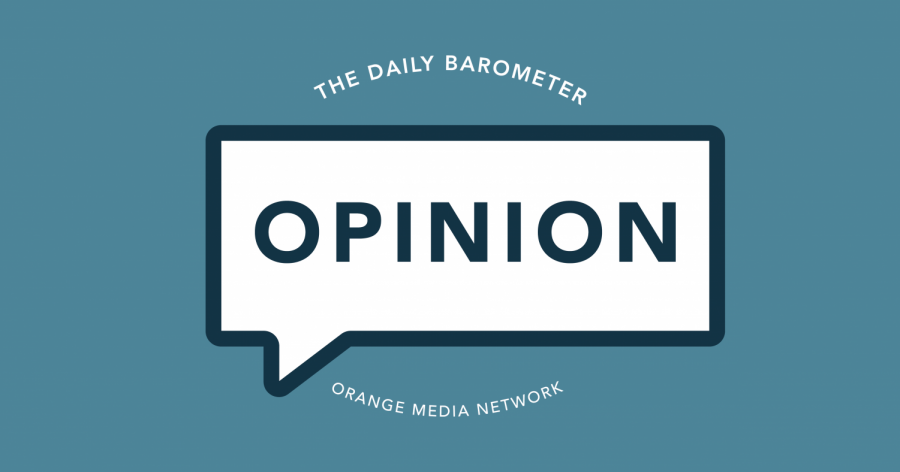Al-Mulla: Screen-Time Generation
November 19, 2018
Growing up, some of the most gratifying events were when my parents granted me access to some new way to use the internet. I remember the excitement of making my first email account, and how great it was when they finally decided I was old enough to join Facebook. At last, I could see what all the cool middle schoolers were doing!
Psychologists widely agree that the internet has played an increasingly central role in childhood development as internet-capable technology has progressed. Due to the extremely rapid innovation of our devices, children born after 1990 have extremely different experiences when it comes to the internet.
Take the Apple iPhone, which revolutionized how people use the internet when it was released in 2007. People born in 1990 were 17 at the time, a year from graduating high school, while people born in 2000 were seven, about to start third grade.
There has long been a debate on the distinction between Millennials and Generation Z. While it has been widely agreed upon that the year is somewhere between 1995 and 2000, it is the iPhone disparity which sheds new insight on the discussion.
Oregon State University Professor of Psychology Frank Bernieri says that phones have introduced another option in the world of communication.
“Before phones there was no alternative to face-to-face interactions and conversations,” Bernieri said.
Smartphones took this one crucial step further by making voice calls less common.
The iPhone is far from the only massively influential product to come out of the digital revolution. With Instagram having been created in 2010, we are two years away from teenagers who have only lived in an Instagram world. Meanwhile, adolescent screen time has more than doubled since 1995, according to the BBC. This is most likely a result of the greatly increased ease of access possible with the ubiquity of smartphones and WiFi hotspots.
As social interactions become more and more digital rather than personal, it has been extremely difficult to study the developmental ramifications–those affected by it are simply too young right now to conduct conclusive research on the issue. That is not to say, however, that educated guesses cannot be made.
Commenting on the how the digital age may affect social development, Bernieri said “the human brain evolved to process face-to-face communication. We don’t yet know what biases or illusions exist for digital communication.”
Only time will reveal these biases, although a handful have been identified–perhaps the most famous of which is a popular adage known as “Poe’s Law,” which states that no amount of exaggeration will prevent some people from perceiving a parody of extreme views as sincere. In other words, it is very difficult to distinguish between sarcastic and genuine extremists on the internet. It’s simply too obscure to tell without being informed by body language and vocal tone.
Another implication of the internet is the incredible amount of choice it gives users. Everyone chooses exactly what website they’re on, and exactly who they follow. This has led to the development of ideological bubbles, which has been a massive issue in recent years. It is impossible to predict how today’s compartmentalized internet will affect children as they reach adulthood, but it almost certainly will not be good.
On the role of outrage in politics, OSU Political Science Professor Richard Clinton said “most people have a limited capacity for outrage, and what outrage they do feel quickly turns to cynicism.”
The internet exacerbates this because it frequently brings outrageous things to our attention, but at the same time provides an extremely convenient way to dismiss it. Why have your views challenged when you can just find something you agree with?















































































































